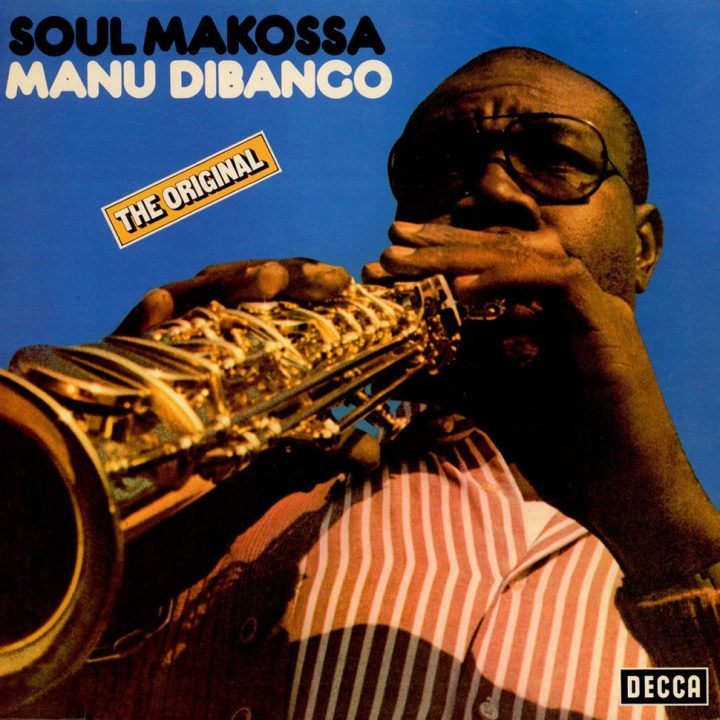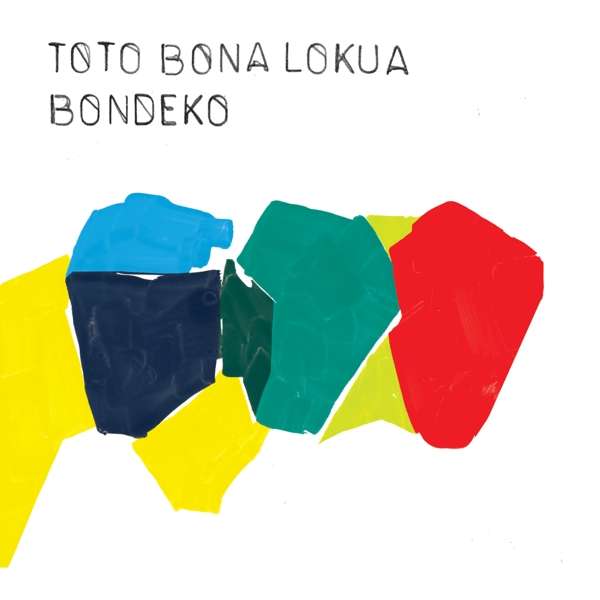“Soul Makossa” by Manu Dibango, 1972

“Soul Makossa” by Manu Dibango, 1972 – listen here
Obituary on Manu Dibango († 24.03.2020)
“Can’t you pronounce ‘makossa’ like everyone else? You stutter: ‘mamako mamasa.’ You think they’re going to accept that in Yaoundé?” (Dibango 1994:83) This was according to Manu Dibango his father’s reaction when listening to “Soul Makossa” for the first time. Well, “they accepted that” – not only in Yaoundé and the rest of Cameroon, but also globally. The single “Soul Makossa”, released in 1972, was among the first African songs to hit the US Charts – more precisely it peaked at number 35 on the US Billboard Hot 100 chart and no. 21 on Hot Soul Singles in 1973. How did a song with lyrics mostly in the Cameroonian language Douala (written by Cameroonian poet and musicologist S.M. Eno Beling) make it to the Western charts and to one of the most sampled song in the history of African music? The recent death of Dibango is the sad occasion for this “AMA record of the month”.
Emmanuel N’Djoké “Manu” Dibango, saxophone player, singer, composer, balaphone and piano player, born 12.12.1933 in Douala, died 24.03.2020 in Paris was among the most famous African musicians ever to tour our globe. After having moved to France in the 1950s, he learned to love jazz and to play the saxophone much to the chagrin of his father who would end his financial support. After moving Brussels in the 1960s, he joined the famous Congolese orchestra Le Grand Kallé et l’African Jazz of Joseph Kabasélé, famous for its “Indépendance Chacha”. While he helped making the twist popular in the Congo, this co-operation also inspired him to engage more with African popular music styles, resulting in his aiming at recording a Makossa, a genre from his home town Duala. However, he did not dare to push his first try at Makossa very much, hiding it on the B-side of a hymn to the Cameroonian football team. And, indeed, his first versions did not really impress local listeners, as he remembered:
“On one side of the 45 I recorded the hymn; on the other I recorded ‘Soul Makossa,’ written using a traditional makossa rhythm with a little soul thrown in. In my Douala neighborhood, at my parents’ house, I rehearsed this second piece. The house had no air-conditioning, and the windows were wide open. All the kids flocked around. Hearing me rehearse, they fell over laughing.” (Dibango 1994:83)
However, the record made it to New York where local DJs were enthused by the sound, playing it on radio stations and loft parties. The sound fitted perfectly to early disco – and as the record was hard to get, more than twenty US bands recorded the song immediately, most famously probably the wonderful version of the Lafayette Afro Rock Band (Shapiro 2005:35). When the French label Fiesta licensed it to the US label Atlantic, the original song was widely distributed in the US and worldwide. Already in 1972, both labels issued LPs of the same title. Dibango himself settled in Paris for good and established himself as a leading star of the burgeoning African and jazz music scenes in France and beyond.
Thanks to its groove the song is still a dance floor filler today, and thanks to the vocal refrain “mamase, mamasa, mamakosa”, it is widely known among pop audiences, given that it was sampled by Michael Jackson (“Wanna Be Startin’ Somethin'”) in 1982 and Rihanna (“Don’t Stop the Music”) in 2007. The samples of Soul Makossa abound and Dibango himself recorded numerous versions, most famously with Youssou N’Dour on his 1994 album “Wakafrika” and a version named “Soul Makossa 2.0” in 2011.
Two things need to be addressed before closing: the rest of the album “Soul Makossa” is really worth listening, too – like most of his records (and they are legion, discogs.com lists more than 200). Many African and other musicians remember Manu Dibango as a supportive father figure, who helped make their ways onto the global stages. His 80th birthday was duly celebrated in 2014 in Paris’s famous L’Olympia hall, a concert streamed by TV5 France. He will be sorely missed.
Dibango, Manu with Danielle Rouard (1994): The Kilos of Coffee – An Autobiography. Chicago: CUP.
Shapiro, Peter (2005): Turn the Beat Around – The Secret History of Disco. New York: Faber and Faber
Overviews of the samples are offered of these webpages:
https://www.whosampled.com/Manu-Dibango/Soul-Makossa/sampled/


